We’ve got something for everyone here in Features — people stories, off-the-beaten-path kind of stories, science-in-action sagas. Take your pick!
Looking for more fun stories about science? Explore the basics of electricity and magnetism and the exciting discoveries that magnets enable in easy-to-understand language at Magnet Academy.
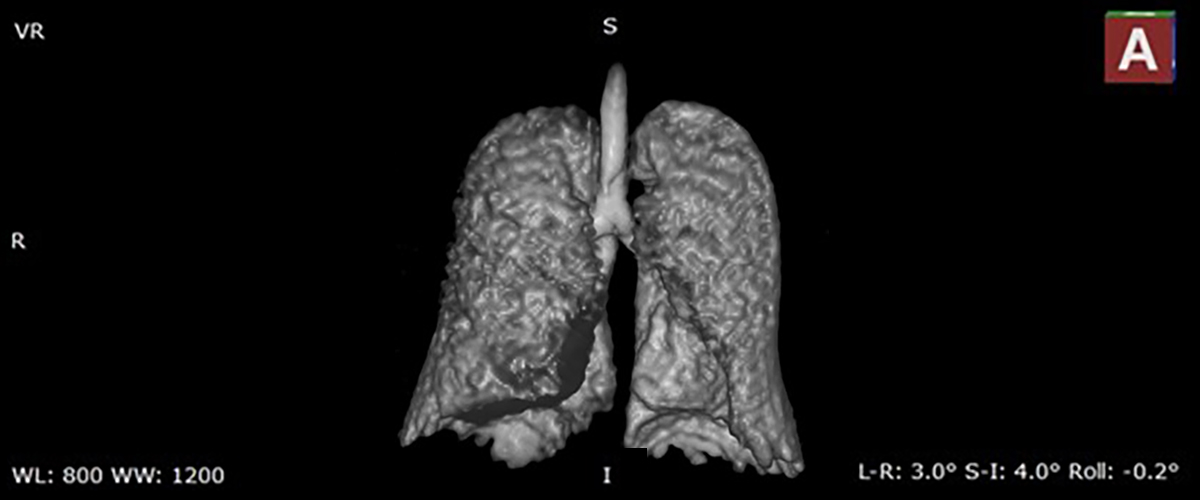
MagLab researchers and doctors at the University of Florida are testing a new MRI technique that can deliver images of the lungs like never before
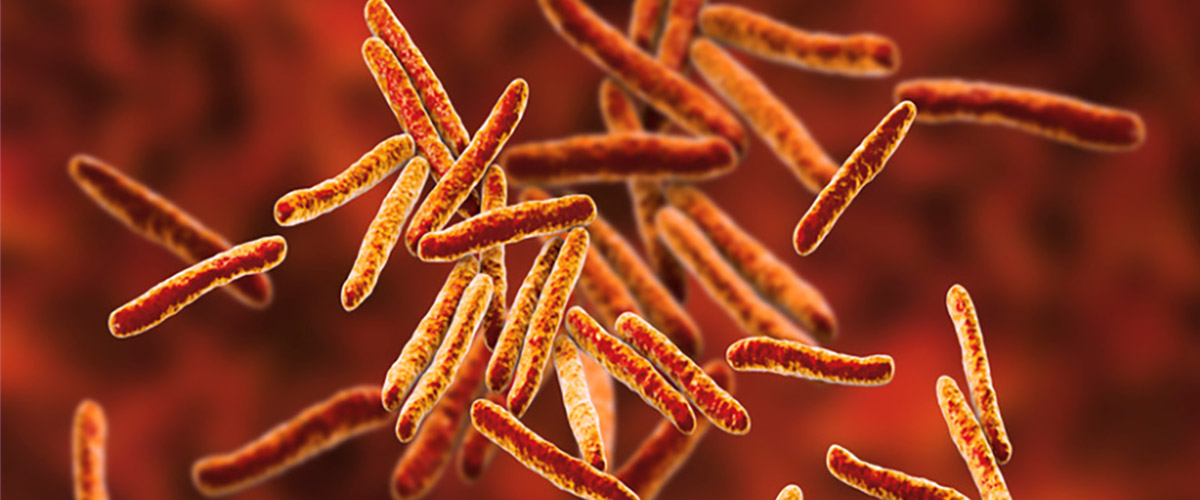
New research is a first step toward understanding how a certain protein may help tuberculosis bacteria survive.
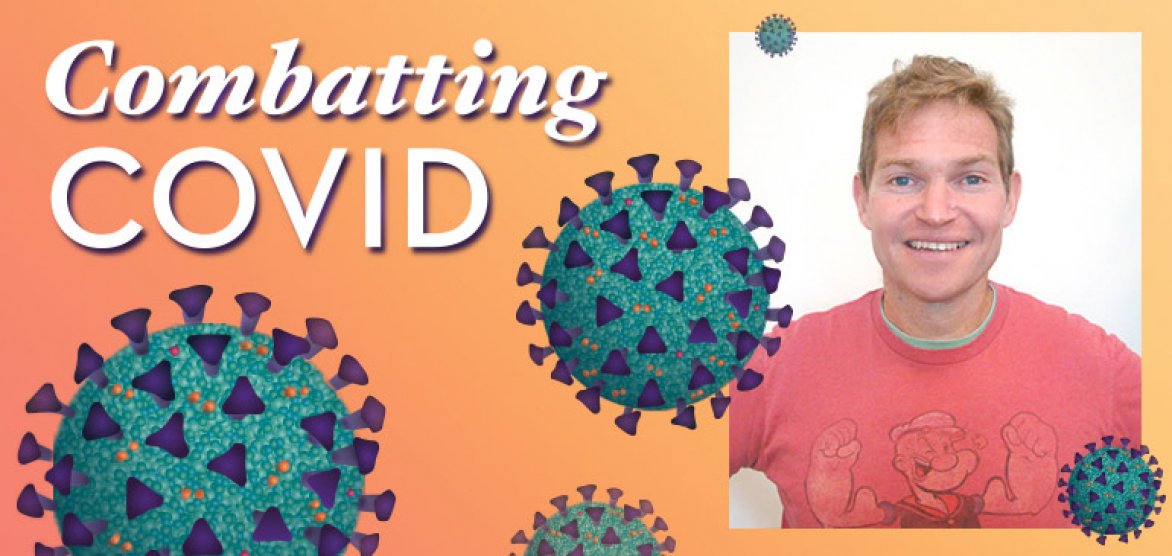
Researcher digs below the coronavirus's membrane in search of another layer of infection-causing proteins.
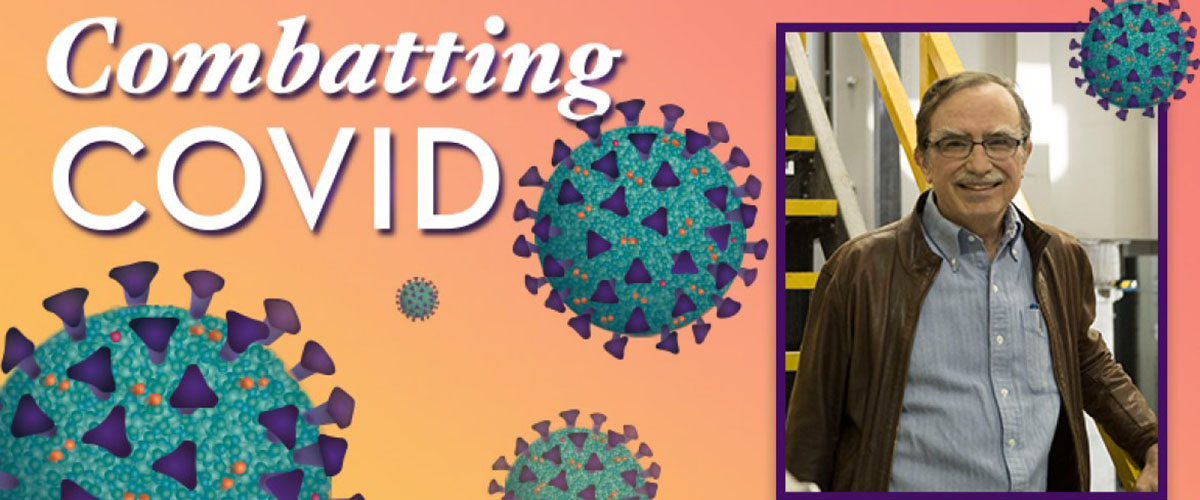
For membrane protein expert Tim Cross, solving the structure of a misunderstood protein put retirement on hold.
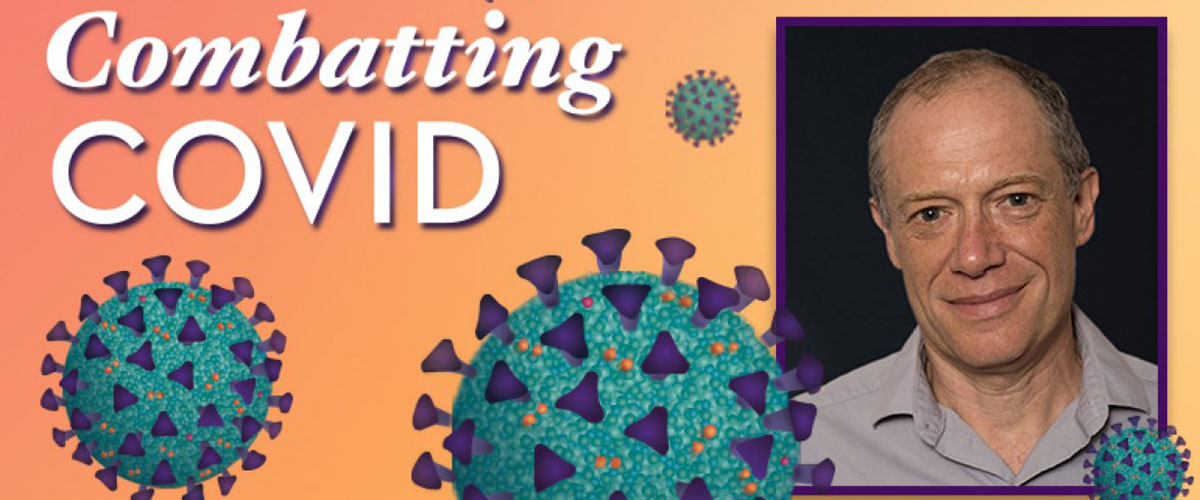
The virus that causes COVID-19 has thousands of potential drug targets. A global team is on a hunt for the best candidates.
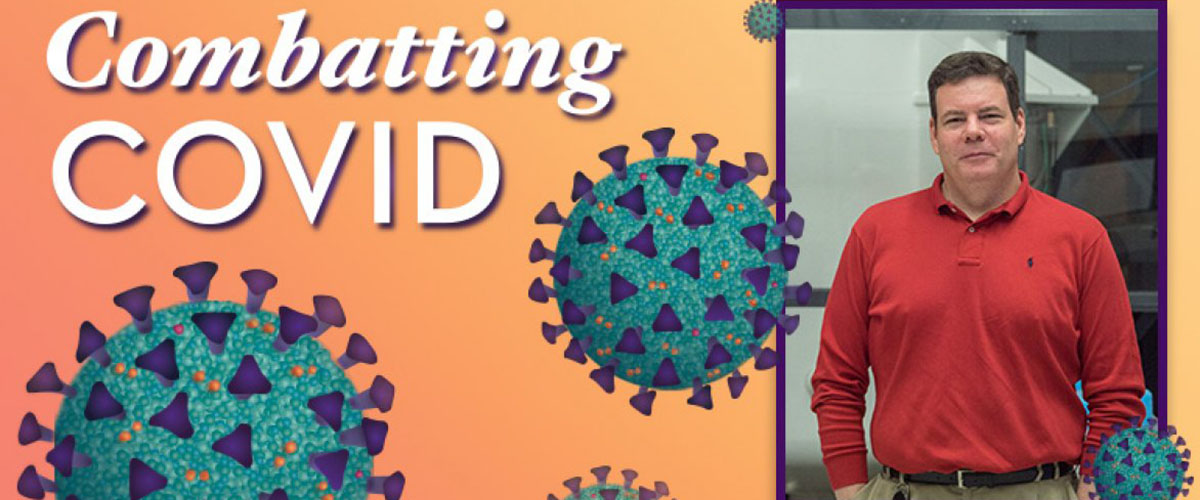
A team of experts believes stem cells could be a route to a fast, effective therapy.
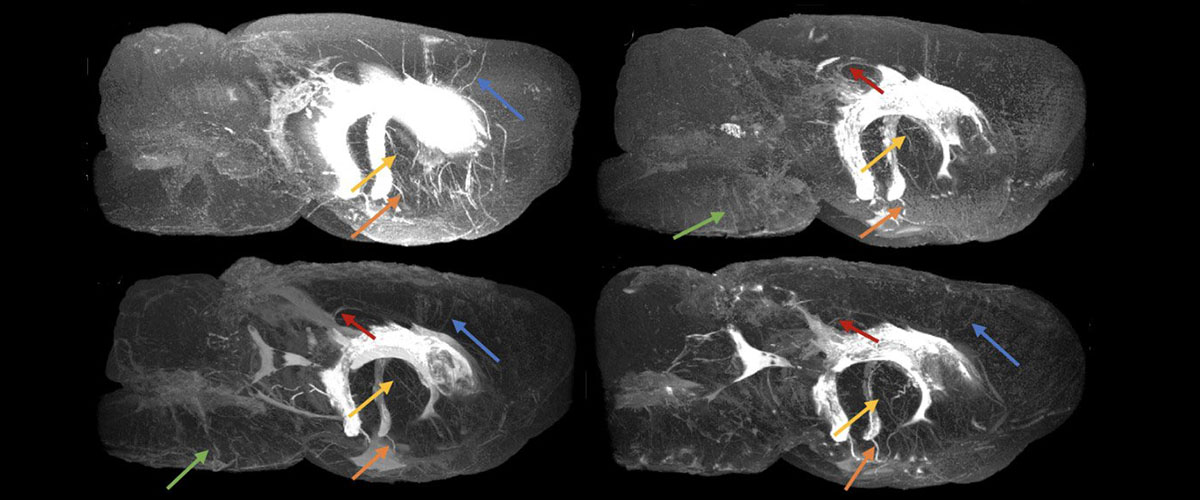
Using advanced MRI, a mechanical engineer tackles the question: "Why do you have these big fluid spaces in your head?"
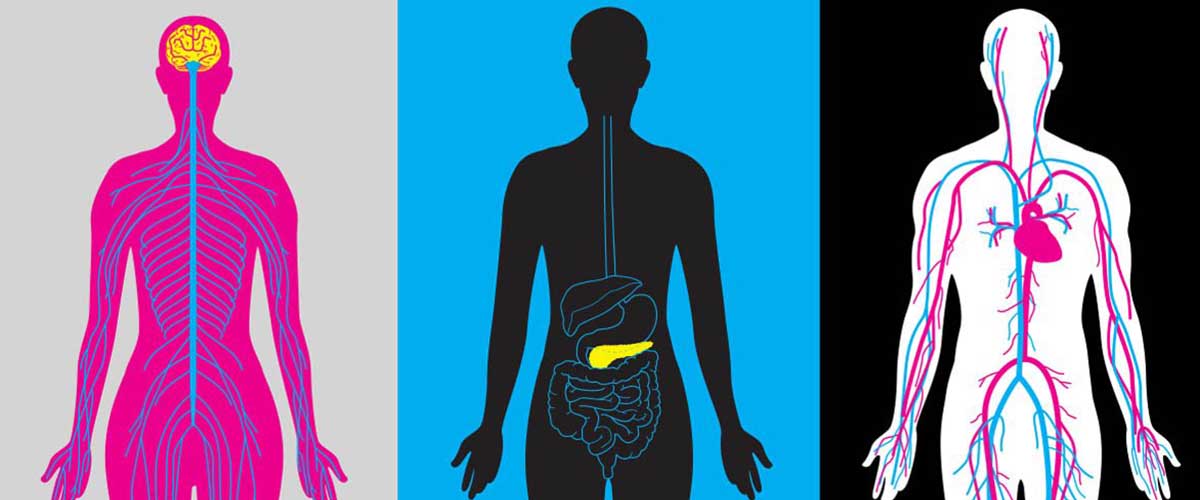
Scientists are using powerful magnets to learn how to better detect, treat and track the second leading cause of death worldwide.
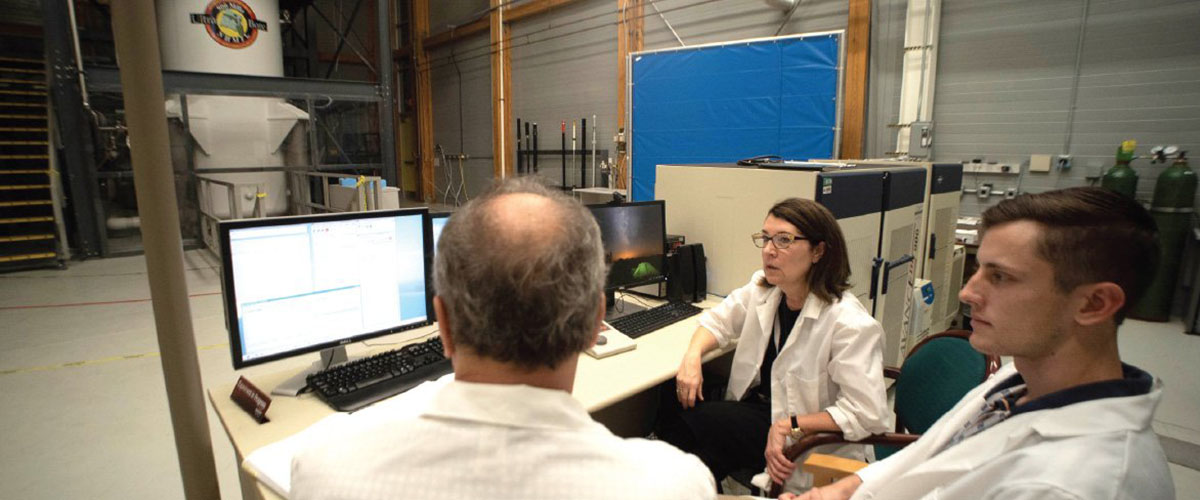
What happens when a kid with ADHD sustains a concussion? Using high-field magnets, researchers are working to find out.
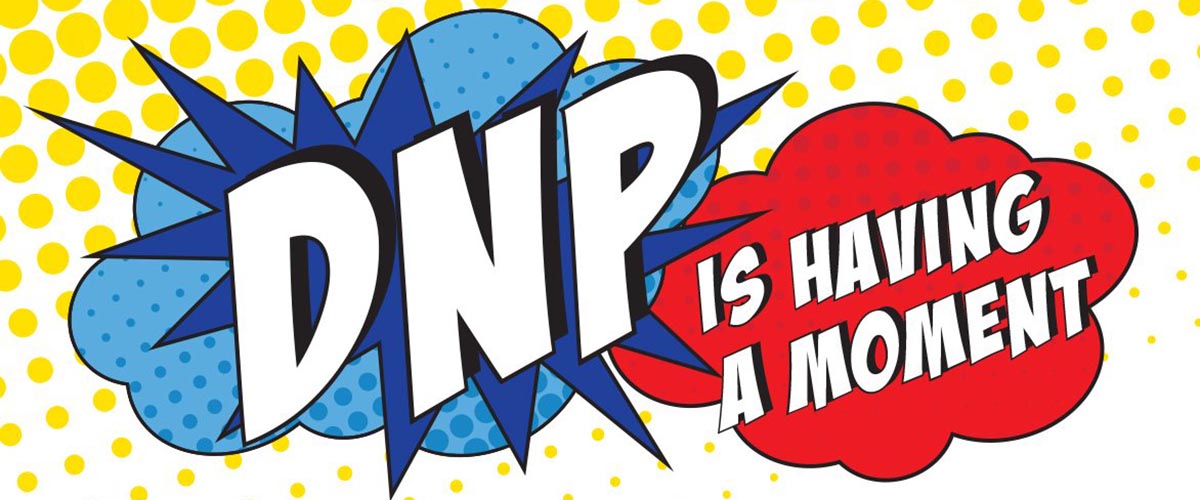
A technique called dynamic nuclear polarization is hitting its stride, using electrons to shine a light on complex molecules.
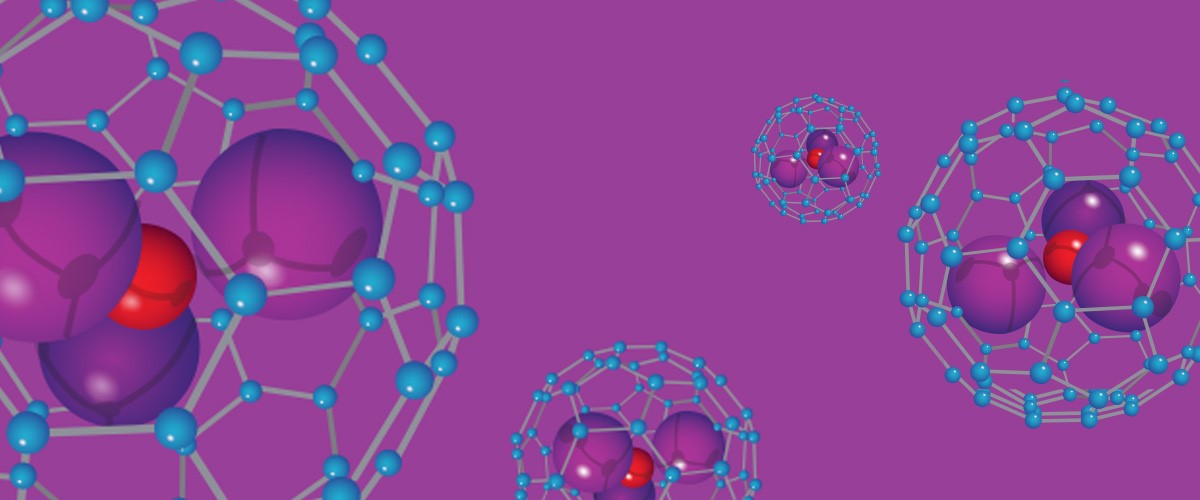
Scientists are working to understand the complex reactions that create nanocages, work that could help uncage new drug delivery and energy options.
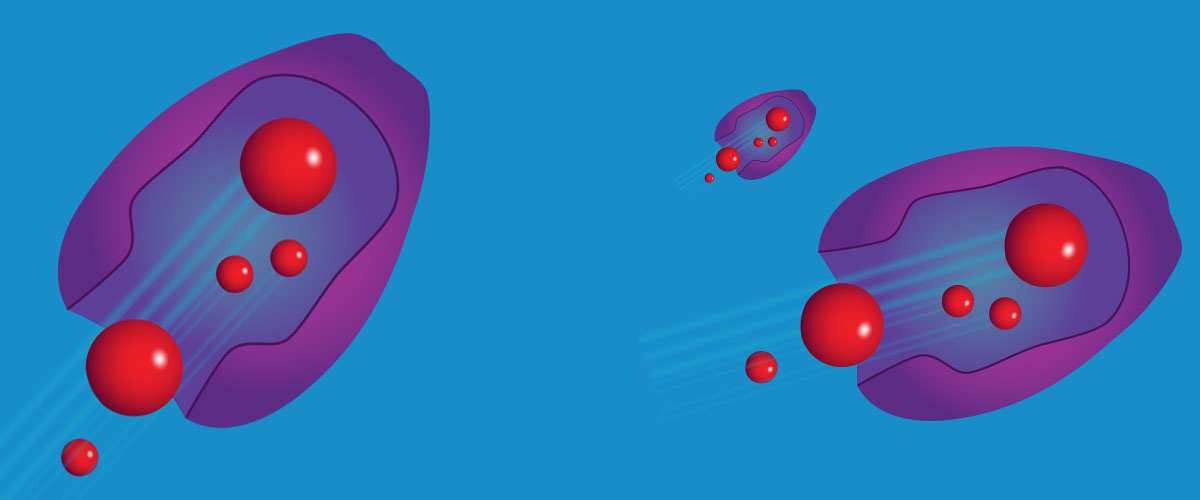
How is nano science advancing door-to-door drug delivery, but on the cellular level?

Borderline biology? Crossover chemistry? Scientists are working on the edge of their fields to learn how proteins police the walls of cells.
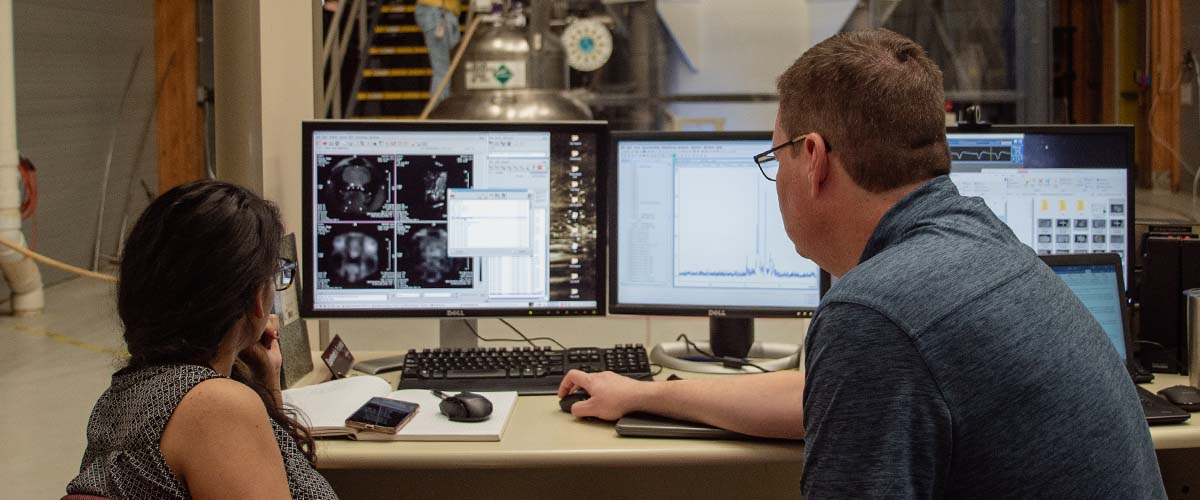
Sodium MRI techniques point to better cancer treatments.
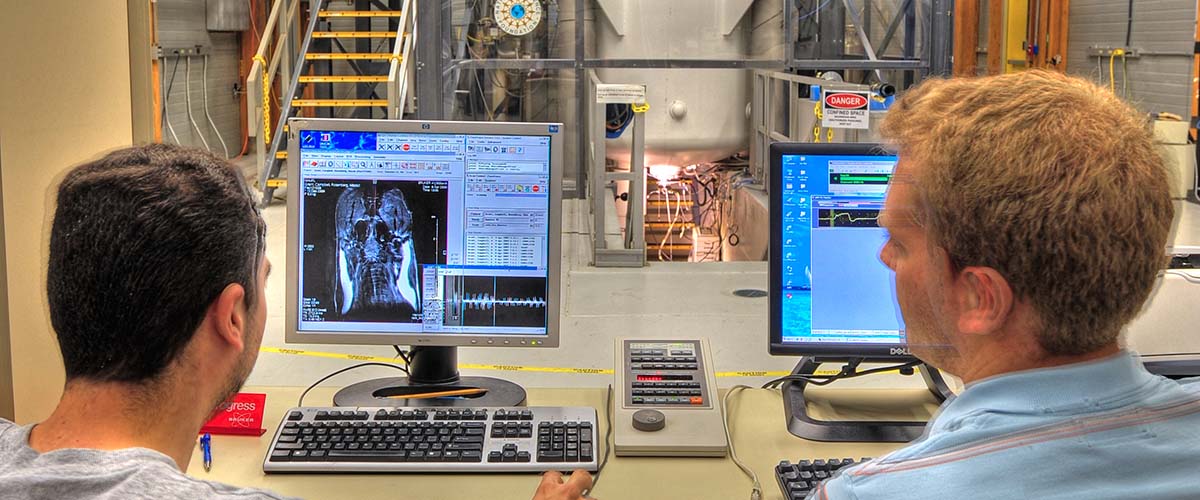
With the most powerful MRI machine in the world, you can do cutting-edge studies on neurodegenerative diseases, cancer, tobacco use, muscles and more.